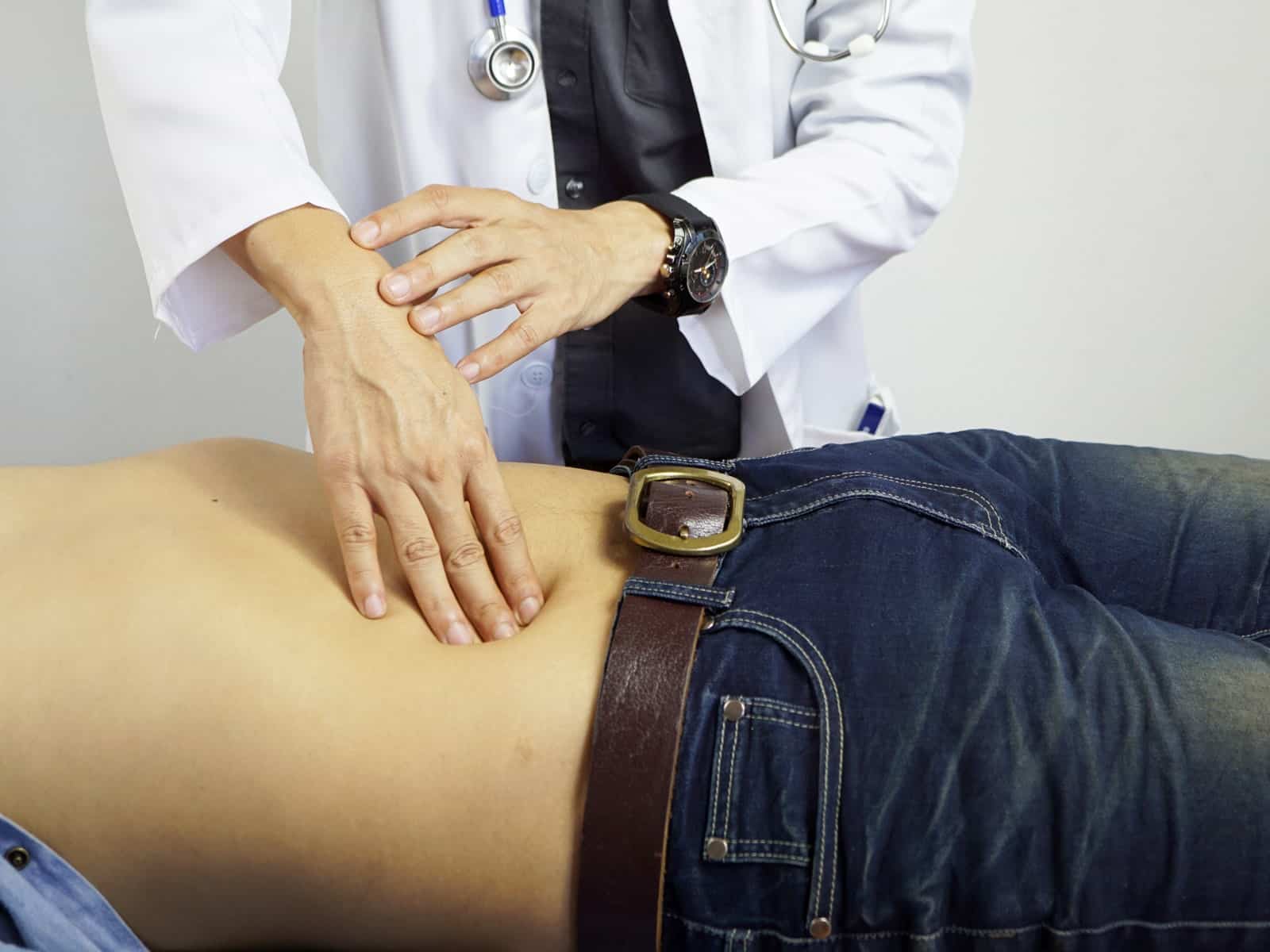
Acute pancreatitis is an acute inflammation of the pancreas, which is the organ that aids in the digestion of food and the maintenance of normal blood sugar levels. When the digestive enzymes either activate prematurely within the pancreatic wall, they begin to attack the tissues that make up the pancreas and they cause pain, swelling as well as complications. The condition is fast developing, and in most cases, it is critical to seek medical help.
You may notice:
Several factors can trigger an acute pancreatitis attack:
In GastroDoxs in Katy, kind, patient-centered care with progressive diagnostics and effective procedures allows quick relief in acute pancreatitis. Our experts provide individual care-by administering IV fluids, pain care, enzyme control, intentional impending examination, endoscopic gallstone extinction, and a customized diet system-to get well in a secure and painless condition. Prepared to personal therapy and permanent remedy? Make your appointment with GastroDoxs and today make the initial step to a healthy digestion system.
We've successfully treated more than 1K patients, helping individuals improve their digestive health and overall well-being through expert, personalized care.
With over 20 years of experience, GastroDoxs has been a trusted provider of gastroenterology care, focusing on delivering the best outcomes for patients
Start with clear fluids (water, broth, and electrolyte solution) and when the symptoms subside, move on to soft and low-fat foods such as boiled rice, applesauce, toast, and lean proteins.
Less serious cases normally resolve within a few days with proper care. In severe attacks, hospital treatment is required, and recovery may take weeks.
Acute pancreatitis caused by gallstones is categorized under ICD-10 code K85.1.
A CT scan with contrast enhancement can show swelling of the pancreas, fluid collections, necrotic tissue, and complications like pseudocysts or abscesses.
Acute pancreatitis is a sudden, temporary inflammation. Chronic pancreatitis results in permanent damage and loss of pancreatic function.
The ICD-10 code for acute pancreatitis due to excessive alcohol consumption is K85.2.
An acute attack on chronic pancreatitis is coded as acute on chronic pancreatitis (K86.1) and requires management of the flare along with long-term care.
Treatment includes IV fluids to restore hydration, analgesics, enzyme inhibitors to relax the pancreas, nutrition support, and management of the underlying cause (e.g., gallstone removal).
Digestive enzymes are activated prematurely in the pancreas, causing tissue autodigestion, inflammation, swelling, pain, and potential blood vessel damage.
For specialized assessment and treatment, contact GastroDoxs in Katy for individualized care before, during, and after the acute pancreatitis episode.